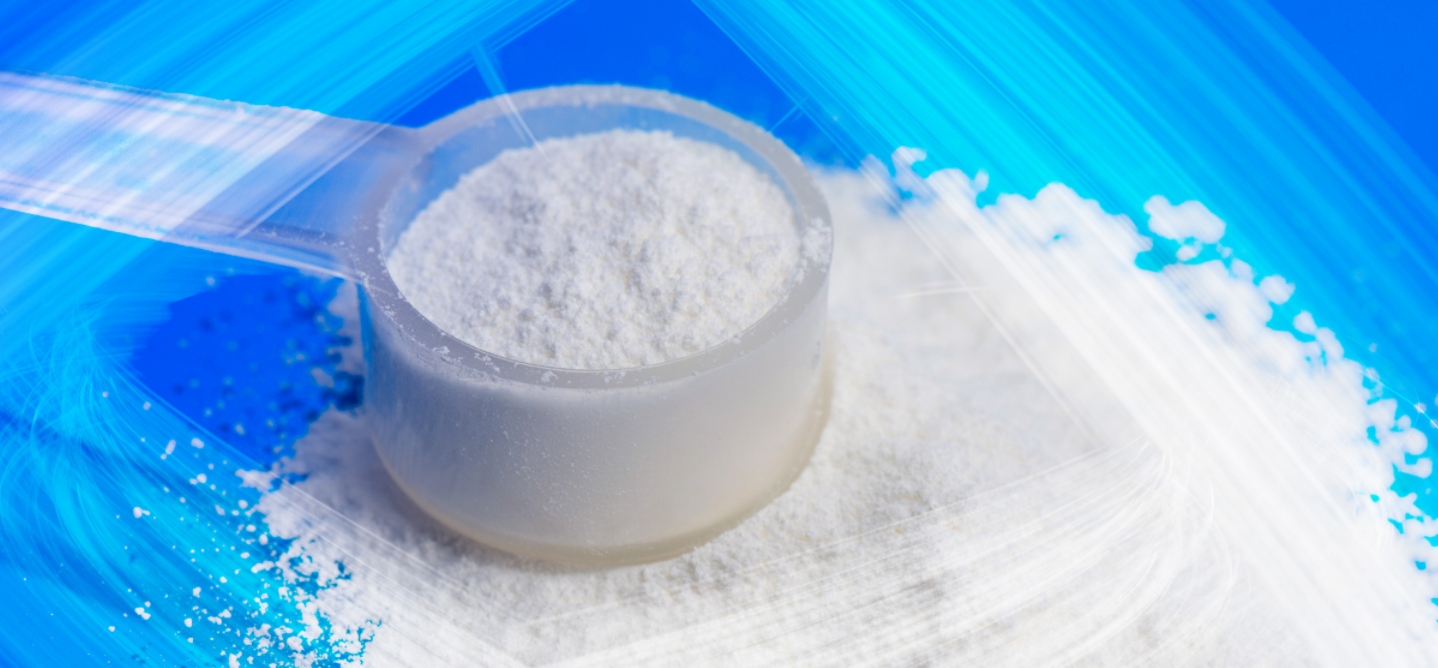Understanding Creatine: Is It Right For You?

Table of Contents
What is Creatine and How Does it Work?
Creatine is a naturally occurring organic compound primarily found in muscle tissue. Your body produces some creatine, but you also obtain it from dietary sources like red meat and fish. Its primary role is in energy production within muscles. Specifically, creatine helps replenish adenosine triphosphate (ATP), the molecule responsible for providing energy for muscle contractions.
Several types of creatine exist, including creatine monohydrate, creatine ethyl ester, and creatine hydrochloride. However, creatine monohydrate is the most extensively researched and proven effective form. While other forms claim superior absorption, the scientific evidence supporting these claims is limited.
- Creatine increases phosphocreatine stores in muscles. Phosphocreatine acts as a reserve energy source, quickly replenishing ATP during high-intensity activities.
- This leads to improved short-burst power and strength. Think sprinting, weightlifting, and other anaerobic exercises.
- Creatine can enhance muscle growth by promoting protein synthesis. This contributes to increased muscle mass and hypertrophy (muscle growth).
Understanding how creatine boosts ATP and phosphocreatine levels is key to grasping its effectiveness in enhancing athletic performance and muscle growth. The focus on creatine monohydrate stems from its overwhelming research support and proven efficacy.
Benefits of Creatine Supplementation
Scientific research strongly supports the benefits of creatine supplementation for various populations. Its effects extend beyond simply building muscle.
- Increased muscle strength and power: Creatine significantly improves strength and power output, leading to better performance in various exercises.
- Improved high-intensity exercise performance: Creatine enhances the ability to perform short, intense bursts of activity, crucial for athletes in many disciplines.
- Enhanced muscle growth and hypertrophy: By promoting protein synthesis, creatine contributes to significant increases in muscle mass, making it a popular supplement for bodybuilders.
- Potential cognitive benefits: Some studies suggest creatine may offer cognitive benefits, improving memory and focus, although more research is needed in this area.
Creatine's advantages are not limited to professional athletes; bodybuilders, older adults seeking to maintain muscle mass and strength, and even individuals engaging in regular exercise can experience positive effects. The broad applicability of creatine supplementation makes it a versatile tool for diverse fitness goals.
Potential Side Effects and Precautions
While generally considered safe, creatine supplementation can cause some side effects, most of which are mild and temporary. Many concerns about creatine are often based on misinformation.
- Water retention: Creatine causes water retention, leading to a slight increase in body weight. This is a normal physiological response and not necessarily indicative of fat gain.
- Cramps: Muscle cramps can occur, often due to dehydration. Proper hydration is crucial when taking creatine.
- Gastrointestinal upset: Nausea and diarrhea are possible, especially during the loading phase. Starting with a lower dose and gradually increasing it can mitigate these effects.
- Kidney issues: Severe kidney problems are rare and mostly associated with individuals already suffering from kidney disease. Healthy individuals are generally not at risk.
It's crucial to address these potential side effects transparently. However, the vast majority of users experience minimal issues, and the benefits often outweigh the risks for many.
How to Use Creatine Effectively
To maximize creatine's benefits and minimize potential side effects, follow these guidelines:
- Loading phase: A loading phase involves taking a higher dose (20 grams per day) for the first 5-7 days to rapidly saturate muscle creatine stores.
- Maintenance phase: After the loading phase, reduce the daily dosage to a maintenance level (3-5 grams per day) to sustain the benefits.
- Consume with carbohydrates and protein: Combining creatine with carbohydrates and protein enhances its absorption and effectiveness.
- Maintain adequate hydration: Drink plenty of water throughout the day, particularly when taking creatine, to prevent cramps and other side effects.
Proper creatine supplementation strategies are vital to ensure both safety and optimal results. Remember, consistency is crucial for reaping the full benefits of creatine.
Choosing a Creatine Supplement
When selecting a creatine supplement, prioritize high-quality, pure creatine monohydrate. Look for products that have undergone third-party testing and verification from organizations like USP (United States Pharmacopeia) or Informed Sport. This ensures the product's purity and meets high-quality standards. Powdered creatine is generally more affordable and easier to mix into drinks, while capsules offer convenience for those who prefer a pre-portioned form.
Conclusion: Making Informed Decisions About Creatine
Creatine supplementation, when used correctly, can be a safe and effective way to enhance muscle growth, strength, and athletic performance. While potential side effects like water retention and gastrointestinal upset can occur, they are typically mild and temporary. Understanding creatine's mechanisms, benefits, and potential drawbacks empowers you to make informed choices.
Remember to consult a healthcare professional before starting any new supplement regimen, especially if you have pre-existing health conditions. Thorough research is essential to understand whether understanding creatine and its potential benefits align with your individual needs and goals. If you decide that creatine is right for you, choose high-quality creatine monohydrate from a reputable source. Take control of your fitness journey with the knowledge to make the best choices for your body.

Featured Posts
-
 Goldman Sachs Deciphers Trumps Preferred Oil Price Range
May 15, 2025
Goldman Sachs Deciphers Trumps Preferred Oil Price Range
May 15, 2025 -
 Everton Vina 0 0 Coquimbo Unido Resultado Goles Y Resumen Del Encuentro
May 15, 2025
Everton Vina 0 0 Coquimbo Unido Resultado Goles Y Resumen Del Encuentro
May 15, 2025 -
 5 The Cat Vont Weekend A Five Picture Summary April 4 6 2025
May 15, 2025
5 The Cat Vont Weekend A Five Picture Summary April 4 6 2025
May 15, 2025 -
 The Future Of Football La Ligas Ai Driven Global Expansion
May 15, 2025
The Future Of Football La Ligas Ai Driven Global Expansion
May 15, 2025 -
 Angstcultuur Npo Getuigenissen Van Medewerkers Over Leeflangs Periode
May 15, 2025
Angstcultuur Npo Getuigenissen Van Medewerkers Over Leeflangs Periode
May 15, 2025
